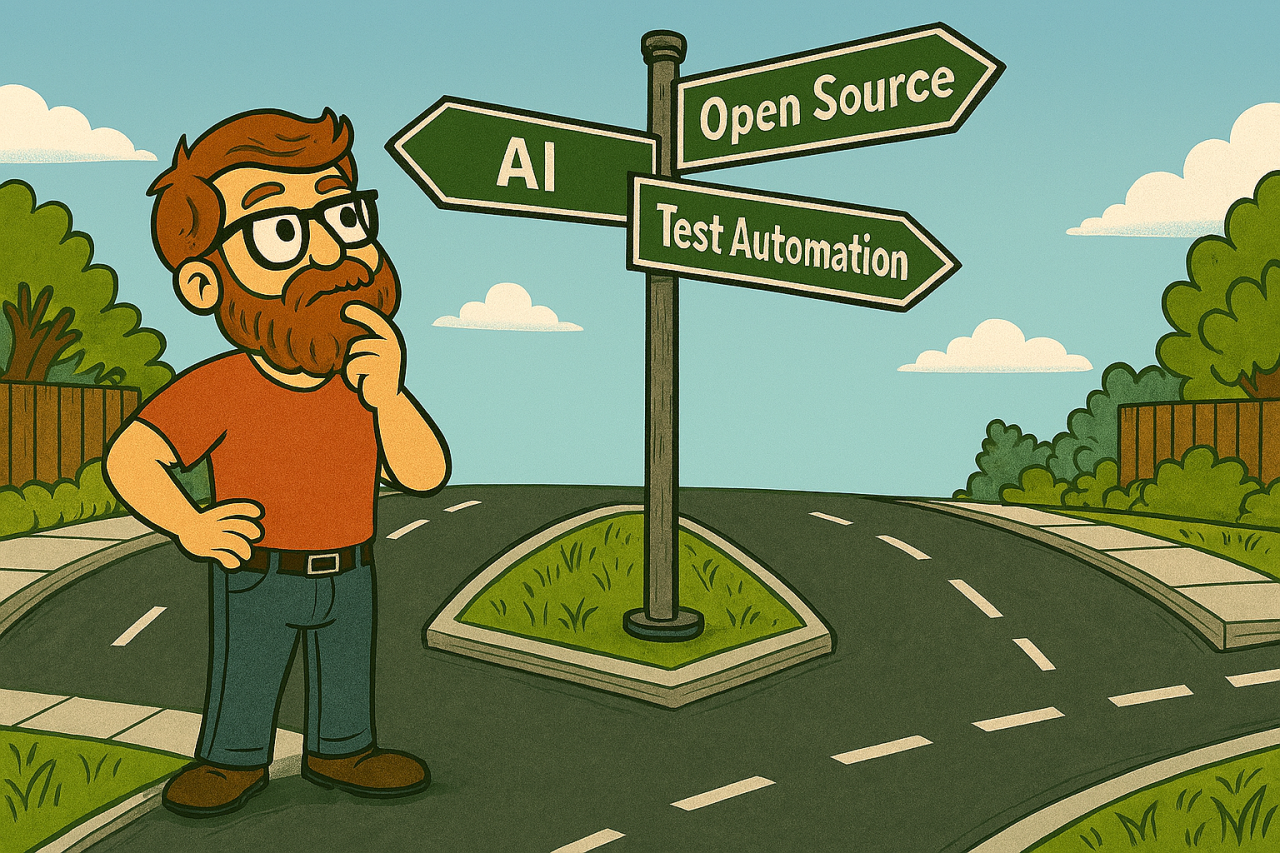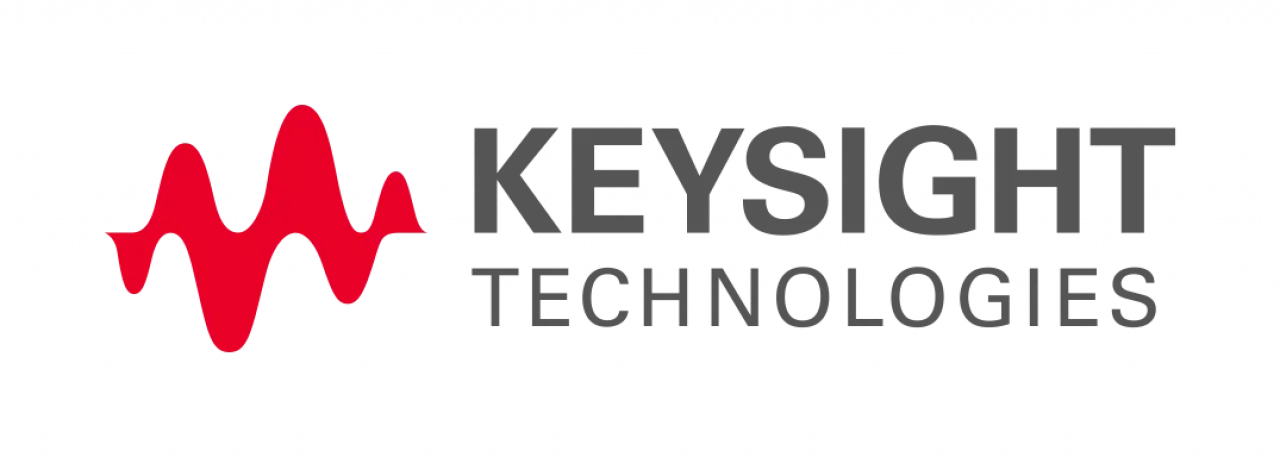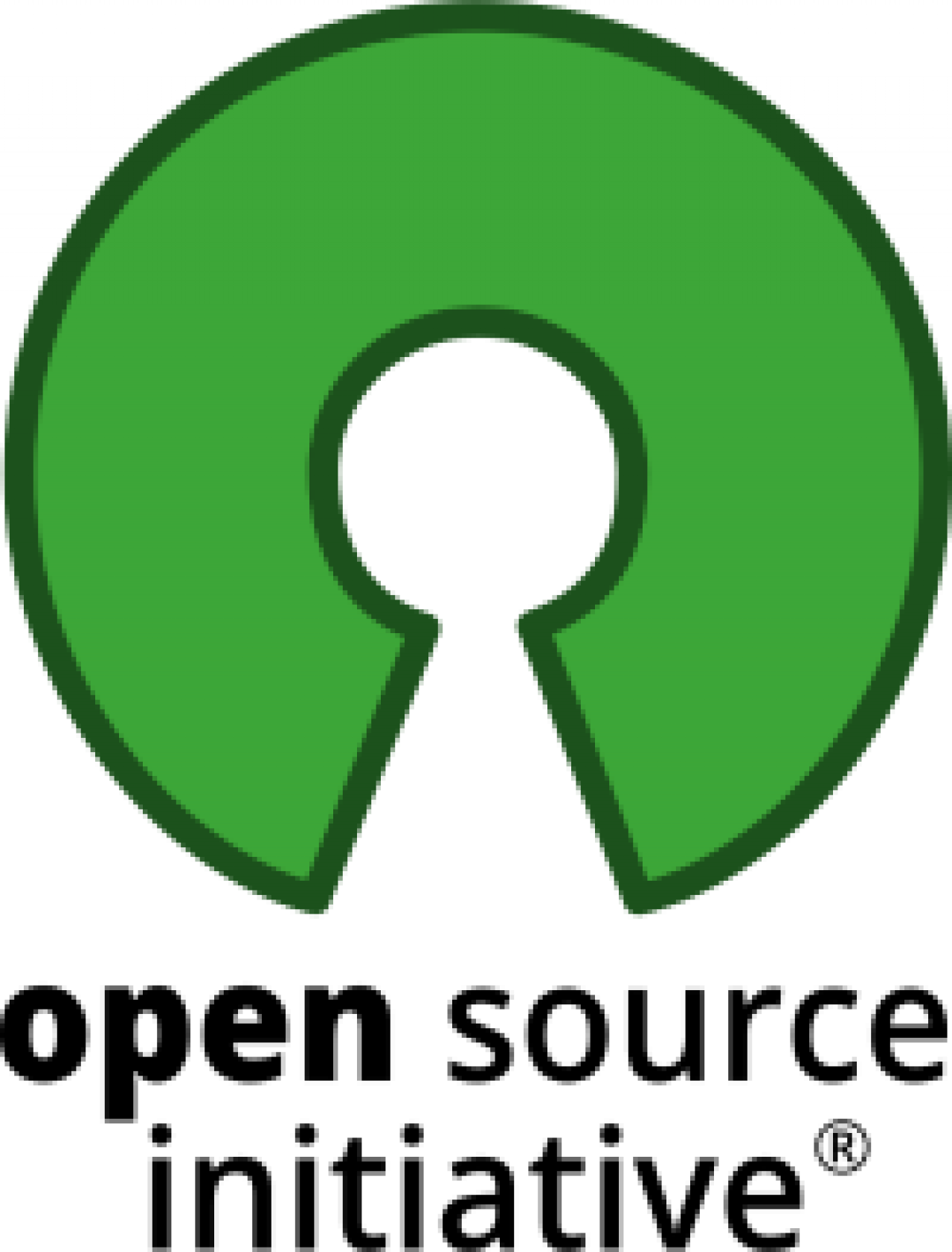
The intersection of AI, open source, and test automation is a rapidly evolving space where each domain amplifies the strengths of the others. Here’s how they converge:
Key Areas of Intersection
AI-Powered Test Automation
AI enhances test automation by automating the generation, execution, and maintenance of test cases. It can analyze code, user behavior, and historical test data to generate new tests, optimize existing ones, and detect anomalies or bugs more efficiently than traditional methods.
AI-driven automation enables features like self-healing tests (which adapt to UI changes), predictive analytics for defect detection, and intelligent test execution, all of which accelerate delivery and improve software quality.

Keysight, the main sponsor of the OpenTAP project, is investing heavily in powering advanced test automation solutions with AI that increase test coverage, optimize user experience, speed up release cycles, and improves quality assurance processes. Keysight also offers solutions to implement test automation for AI data centers.
Open Source as an Enabler for AI and Test Automation
Open source projects make AI-powered test automation accessible to a wider community. These tools are community-driven, transparent, and free to use, and available as a foundation on which to build commercial software and enable services. Using open source,developers and organizations can customize and improve them without vendor lock-in.
Examples include AI and ML frameworks and libraries such as Accord, EvoSuite and Codecept.JS for test case generation, code analysis, and bug detection.

The role of open source in AI itself has been the subject of much debate, in particular to what extent an AI platform must or should be distributed under and open source license for that technology to be considered open source. Last year, the Open Source Initiative and other ecosystem participants arrived at a version 1.0 definition of Open Source AI (OSAID). A "who's who" of organizations were involved in the creation and/or endorsed the OSAID,
The OSAID requires that an open source AI system be made available in a "preferred form" that includes detailed information about its training data, the complete source code for training and inference, and the model parameters, including weights. Importantly, training data itself can remain proprietary and closed.
Practical Applications
The combination of these three technologies / approaches actually yields myriad possibilities and benefits. Following are just a few:
Test Generators: AI models (often LLMs) generate test code or plans from specifications or user stories, reducing manual scripting and enabling quick adaptation to meet changes in requirements.
Self-Learning and Optimization: AI-powered tools learn from prior test runs, refining strategies to focus on high-risk areas and optimize test coverage over time.
Integration with CI/CD: Open-source AI test automation tools are designed for seamless integration with modern DevOps pipelines, enabling continuous testing and tighter, faster feedback loops.
Smart Error Detection: AI can analyze test results to identify patterns, suggest improvements, and reduce redundant or ineffective tests, leading to more efficient testing cycles.
Opportunities, Challenges and Risks
Opportunities: Increased automation, improved test coverage, faster feedback, and democratized innovation through open source.
Challenges: Integration complexity, need for high-quality training data, and the requirement for specialized skills to manage and maintain AI-powered solutions.
Risks: As with many emerging AI application, there exists the temptation to let AI "take over". As with any promising technology in complex domains, it is important to keep a human "in the loop".
Optimizing OpenTAP Applications with Open Source AI
Given that OpenTAP is a standards-based open source test automation platform, test benches and applications built on OpenTAP can enjoy the above-described benefits of AI: test generation, self-healing tests, CI/CD integration, smart error detection, etc. There are some other areas where AI standards out to benefit OpenTAP platform users:
Automated plugin generation - you can leverage LLMs (Large Language Models) to streamline the creation of OpenTAP plugins in Python.
Documentation and Support - learn about a project at UCSC focused on leveraging LLMs (Large Language Models) to improve the timeliness of responses to questions on the OpenTAP Forum.
Summary
The intersection of AI, open source, and test automation is defined by the use of community-driven AI tools to automate, optimize, and scale software testing. Open source platforms make advanced AI capabilities accessible, while AI transforms traditional test automation into a smarter, more adaptive process, enabling faster, higher-quality software delivery